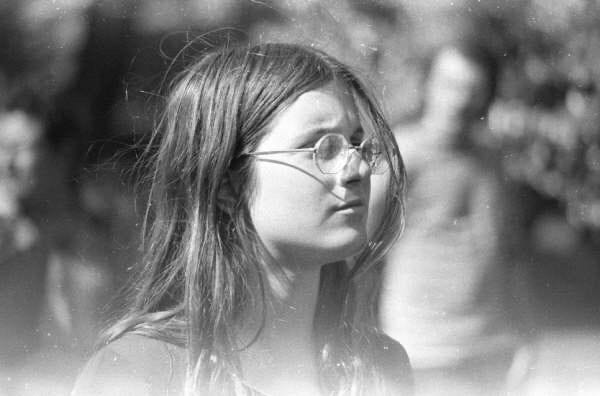Red Tide: The Bunny Trip
I was a swim team score-girl before I was a Commie. I’m glad things ended up that way, because otherwise I never would’ve been able to touch the Playboy Bunny, and carry on my sensual, if guilty, disposition.
The high school swim team was my ticket to an almost-prom, to halcyon schooldays, to a bartended, dress-up affair. The Trotskyists, the yippies, the lavender pinkos— they came along later, and gave me guns and a good deal to think about, but nothing soft or fluffy.
I went to a school called University High— Uni—a white, mostly Jewish school filled with the children of UCLA staff and the diaspora of the Hollywood colony. Marilyn Monroe went there. When my daughter was born, whose ancestors include the Tongva tribe from the Los Angeles Basin, I learned that one of the tribe’s sacred springs was in the muddy outback of our Girls’ Athletic Field at Uni. A traditional smoking lair for all those generations.
In the ‘70s, there was no truly integrated school in…



